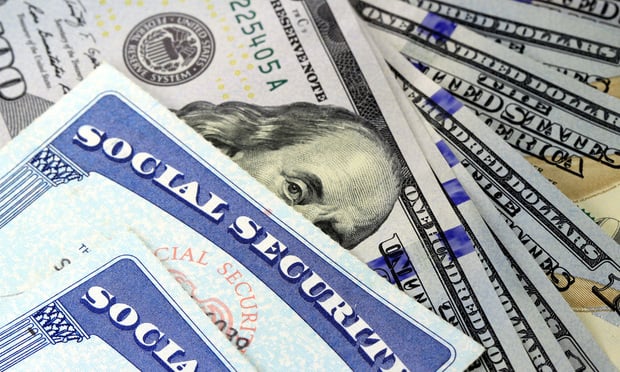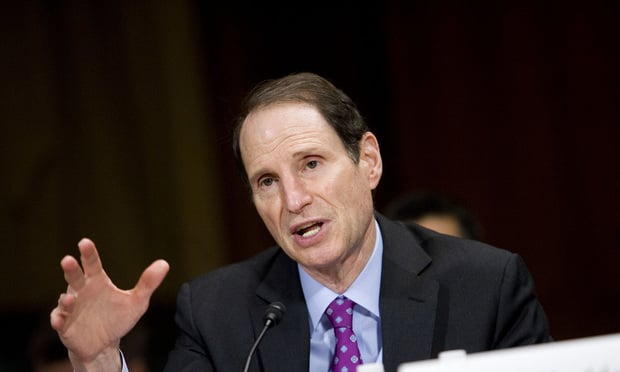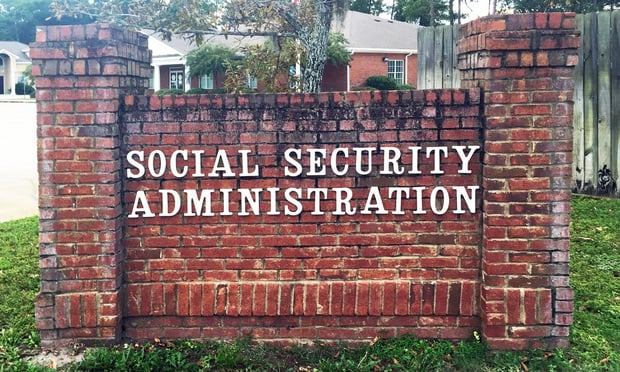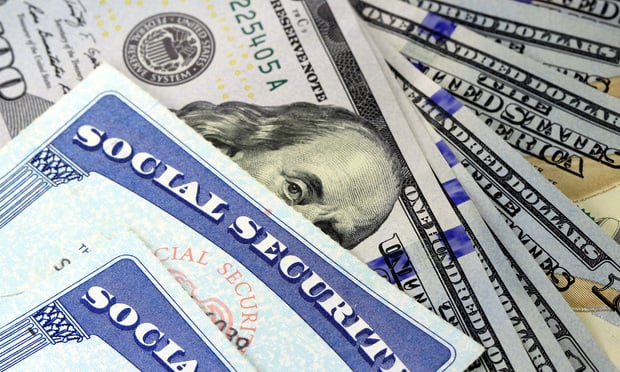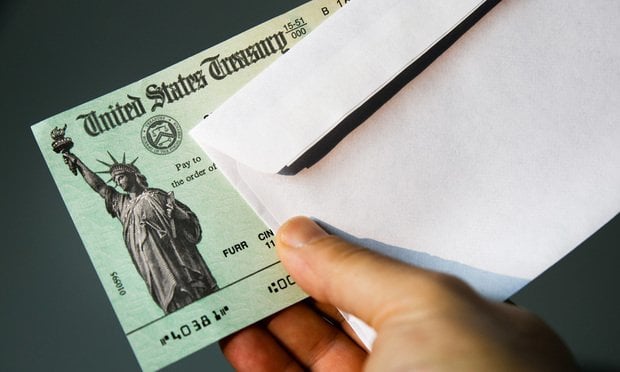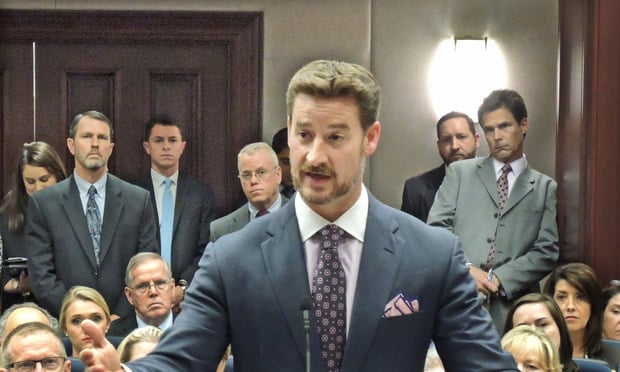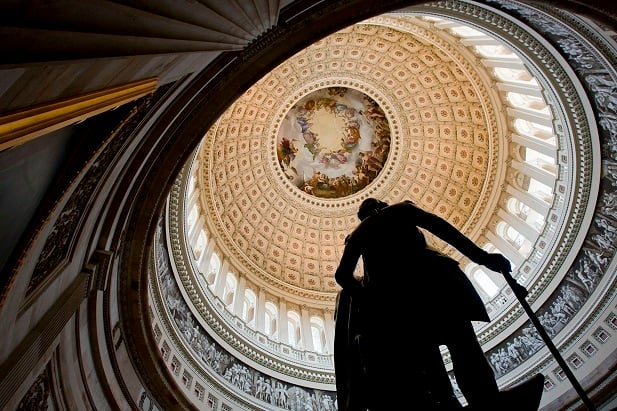About The Author
CONNECT WITH THIS AUTHOR
March 12, 2025
December 19, 2023
December 18, 2023
December 15, 2023
December 04, 2023
November 23, 2023
November 06, 2023
October 25, 2023
October 19, 2023
October 12, 2023
Trending Stories
- 1Mark Cuban praises Trump's PBM executive order, predicts 'hundreds of billions' in savings
- 2401(k) contribution limit projections for 2026: Milliman
- 3UnitedHealth CEO objects to critics' 'obsession' with PBMs' role in drug supply chain
- 4Eli Lilly’s new GLP-1 weight loss drug, in pill form, would be more affordable than Ozempic
- 5Employers' ACA coverage in limbo as Supreme Court weighs task force legality




